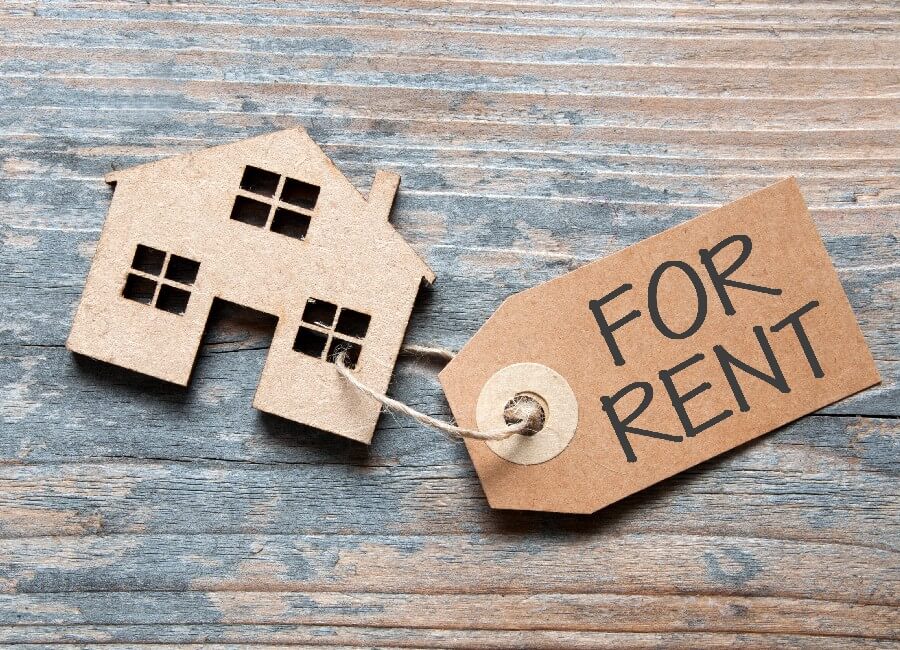How to Avoid and Minimise Tenancy Voids
Void periods are without doubt one of the key factors affecting the profitability of buy-to-let properties.
Of course, no landlord wants to have periods where there are no tenants in their property as it means missing out on rental income, however rushing to find new tenants without the proper screening procedures often means shorter tenancies and more disputes which is counterproductive in the long term.
Luckily, there are some simple things you can do to minimise and even avoid these frustrating tenancy voids.
What Are Void Periods?
As the name suggests, tenancy void periods are periods of time when a rental property is left unoccupied and therefore produces no income.
Despite the property being vacant, it may still be liable for mortgage payments, maintenance, insurance and other taxes and charges which can have a significant impact on a landlord’s profits.
The Cost of Void Periods
Whilst the biggest cost of void periods is the loss of rental income, there are other fees that are likely to come into play as well, such as council tax, mortgage repayments and utility bills.
Landlords will also have to redecorate and inspect the property at the end of a tenancy which can generate added maintenance and repair costs, not to mention the fees for remarketing the property, screening prospective tenants and drawing up new tenancy agreements.
The other major cost of course is your own time. Running around trying to find new tenants for your property can be time consuming and stressful, especially when you’re up against the clock.
How Can You Minimise Void Periods?
The best way to minimise the risk of void periods is for landlords to try and attract and retain good tenants.
Whilst it’s unlikely that tenants will stay in your property forever, there are a number of things you can do to ensure they remain happy with their current living situation and are less inclined to leave, including:
Be a Good Landlord
Never underestimate the importance of the human factor when it comes to tenants. If you’re friendly, helpful and cooperative, your tenants are much more likely to stay.
Even if you choose to have your property fully managed by a lettings company, choosing the right company who prioritise open communication and making the tenants feel comfortable in your property can go a long way in securing long term tenants.
How to Keep Tenants Happy
Deal with any issues they have as they arise (maintenance for example)
- Don’t drop by unannounced, plan any visits you need to make and communicate this effectively to your tenants
- Respond to communications in a timely manner
- Make expectations clear in your tenancy agreement so tenants know what they can and can’t do beforehand
- Be proactive when asking tenants if they want to renew their lease, offering longer renewal periods may be attractive to certain tenants and also guarantees the property is occupied for a longer fixed period
Attract the Right Tenants
If tenants do decide to leave (which is sometimes unavoidable), you will want to ensure that new tenants are found quickly so as to minimise the void period.
Remember though that it’s in your best interests to make sure you attract reliable and respectful tenants. Fortunately, there are many ways you can do this:
Provide Attractive Furnishings
If you are looking to attract a certain type of tenant, furnishing the property in a way which is appealing to them is likely to increase your chances of succeeding.
Remember that first impressions are crucial; keeping areas such as the kitchen and bathroom to a high standard is a great way to encourage prospective tenants to sign on the dotted line.
Be Creative With Marketing
Invest in high-quality photographs and utilise platforms such as social media to make your listing as appealing and accessible as possible.
Many property listings now include video tours of the property or virtual viewings which can really show what the property has to offer. Consider testing out these marketing techniques and see what kind of response you receive.
Carry Out the Proper Tenant Checks
Tenant checks usually include reviewing prospective tenants’ financial documents and references as well as completing verified credit checks to determine their financial behaviour and ensure they can afford to pay rent.
You can also secure a guarantor for your tenants who becomes responsible for paying rent on behalf of your tenants should they not be able to pay it themselves.
Charge Reasonable Rent
One of the biggest mistakes made by landlords (especially new inexperienced ones) is failing to keep their rental rates in line with others in the area.
Knowing the area is crucial when determining how much rent you should charge and researching the current market value for your property type will ensure you offer a realistic price without underselling your property.
Having your property professionally valued can minimise the risk of getting the rental price wrong and ensure that you are offering a fair price for what you have to offer.
Maintain Your Property
Making the property a nice place to live is essential when it comes to finding long term tenants who want to build a home.
One simple way to do this is to ensure that your property is maintained to a clean and liveable condition. A quick renovation project may just boost your chances of securing new tenants and may even increase the property’s value.
Having trusted contractors on hand to help with this will ensure you get the best price. Find out how you can secure good contractors in our dedicated blog post.
Minimise Tenancy Void Periods With Abode
Handing your property management over to Abode means you never have to worry about your rental sitting empty.
We work to keep your tenants happy and, if they choose to move on, we’ll find new suitable tenants and carry out all proper screening on your behalf with the aim of keeping any tenancy voids to a minimum.
With three varying levels of management service, you can choose to be as hands on as you wish. For more information, give one of our team a call on 0117 973 8866 or fill out our online enquiry form.








